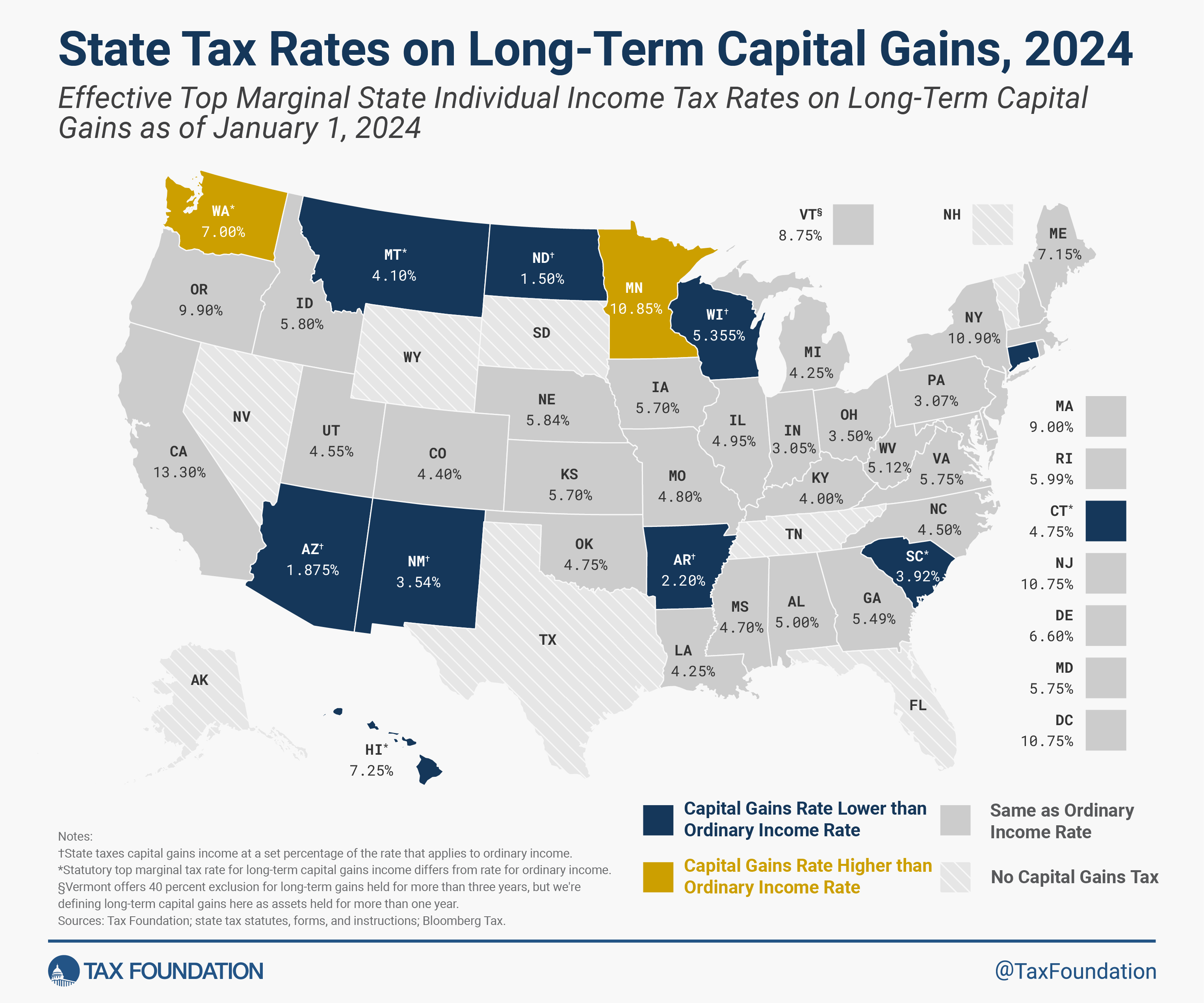Update on the Corporate Sustainability Due Diligence Directive
On Friday, March 15, 2024, the Council of the European Union reached an agreement on a final version of the Corporate Sustainability Due Diligence Directive (“CS3D”). The vote on an earlier version of the CS3D had been postponed several times after some Member States announced that they were going to abstain from voting. After further changes and compromises, the now agreed version obtain the required majority amongst Member States. The last step for the directive to enter into force now is for it to be approved by the European Parliament. The CS3D seeks to integrate human rights and environmental concerns into business operations and to promote sustainable and responsible business behavior along the supply chain and require the remaining Member States to implement the due diligence requirements it sets out into law.
Changes to the previous version of the CS3D
The final version of the CS3D that passed the vote contains a number of changes to the previous compromise. As a result of the changes and compromises that have been agreed during the negotiations mentioned above, the final version of the CS3D has been toned down.
- The CS3D will now only apply to companies incorporated under the law of a Member State with at least 1000 employees (up from 500 employees in the earlier version) and a minimum annual net worldwide turnover of EUR 450 million (up from EUR 150 million in the earlier version) as well as to companies incorporated under the law of non-Member States having a net turnover within the European Union of more than EUR 450 million. In addition, unlike envisaged in the earlier version of the CS3D there will be no distinction between the sectors in which companies operate. As a result, the scope of the CS3D has been significantly reduced.
- Companies will now be required to implement due diligence measures and policies along their entire chain of activities of their upstream and downstream business partners, but they will only be liable under civil law if they have intentionally or negligently failed to comply with their obligation to implement due diligence measures and policies along their chain of activities.
- Under the final version of the CS3D a claim can be brought not only by victims who are affected or have reasonable grounds to believe that they might be affected by an adverse impact, but also on behalf of victims by NGOs active and experienced in the areas related to the environmental adverse impact that is the subject matter of the complaint and by trade unions representing individuals working in the chain of activities concerned.
- The final version of the CS3D removed the requirement to partly link top managements’ remuneration to the development of climate change plans of the company they are managing. However, transition plans for climate change mitigation still need to be drawn up by the companies using best efforts to ensure that the business model and strategy of the company are compatible with the transition to a sustainable economy and with the limitation of global warming.
Changes to the German Supply Chain Due Diligence Act
The final version of the CS3D differs from the law currently applicable in Germany, the Supply Chain Due Diligence Act (Lieferkettensorgfaltspflichtengesetz, “LkSG”), in a number of key areas listed below. The CS3D’s scope is narrower than the LkSG, but has stricter compliance requirements.
- In addition to the requirement of employing at least 1000 employees already stipulated by the LkSG, under the CS3D companies will in addition need to generate a turnover of at least EUR 450 million in order to be in scope.
- The CS3D requires the entire chain of activities to be audited, not just the direct suppliers. Under the LkSG, indirect suppliers only had to be included if there was substantiated knowledge of a breach of duty on their part. The CS3D, on the other hand, covers the entire chain of activities, but uses a risk-based approach.
- The CS3D covers more areas than the LkSG. In particular, the CS3D requires stricter controls for environmental violations than the LkSG. For example (i) the obligation to minimize adverse impacts on biological diversity, (ii) the prohibition of the manufacture, import and export of mercury-added products, (iii) the prohibition of the unlawful handling, collection, storage and disposal of certain waste and (iv) the prohibition of the unlawful production, consumption, import and export of certain controlled substances.
- While the LkSG has not introduced civil liability for breaches of due diligence obligations, the CS3D explicitly provides for civil liability for breaches of due diligence obligations to prevent or remedy potential adverse effects. Liability is not limited to a company’s own breaches, but can in some scenarios, which need to be defined by the Member States, also extend to breaches by subsidiaries and suppliers.
- The CS3D provides for turnover-related fines, with the level of the fine and the competent national authority to be determined by the respective Member States.






.jpg)